
After the Pratasevich arrest: Four key steps for the EU on Belarus
Belarus will continue to cause problems on the EU’s doorstep – so it is now time for a firmer, longer-term approach
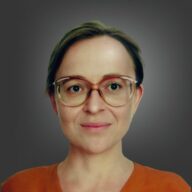
Policy Fellow
Euro-Atlantic security, Ukraine, the Arctic
Polish, English, French, German, Russian, basic Ukrainian
Joanna Hosa is a policy fellow with the Wider Europe programme at the European Council on Foreign Relations. Before moving to Montreal, she worked as the deputy director of the programme.
Her main areas of interest currently include security, conflict resolution, the Arctic, Russian foreign policy, and Ukrainian foreign policy.
Prior to joining ECFR, Joanna worked on democratisation, conflict prevention, human rights, and peacebuilding policies for EU institutions, think-tanks, and civil society organisations in Brussels and Paris. She held a range of positions at the European Commission, the European Union Institute for Security Studies, the Open Society European Policy Institute, the European Peacebuilding Liaison Office, and the International Federation on Human Rights. She is a graduate of the University of Edinburgh and the College of Europe.

Belarus will continue to cause problems on the EU’s doorstep – so it is now time for a firmer, longer-term approach

A new EUROVAX scheme should be at the heart of the EU’s new offer to help its neighbours tackle covid-19 in the years ahead
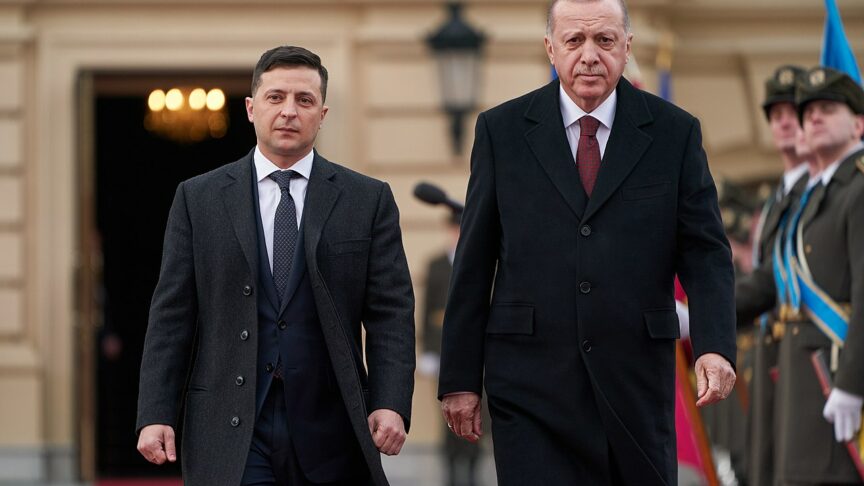
As the Turkish president continues his delicate balancing act between the US and Russia, the crisis in Ukraine presents new opportunities for Ankara’s transatlantic credentials
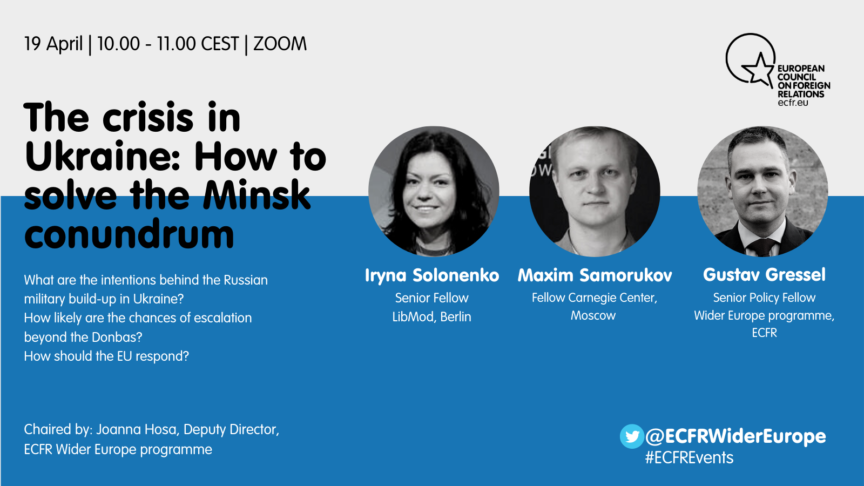
What are the intentions behind the military build-up? How likely are the chances of escalation beyond the Donbas? How should the EU respond?
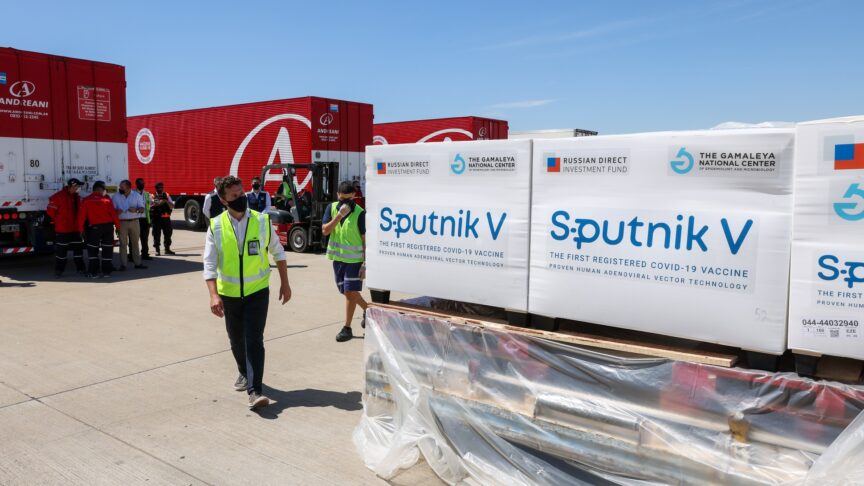
The EU is now the obvious platform for strategic health planning – but it still has work to ensure greater trust and solidarity in the face of future health crises
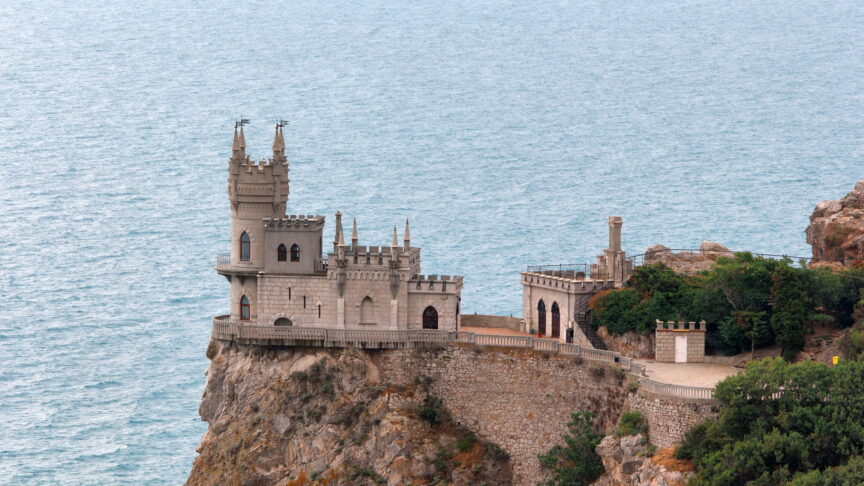
By appointing a special representative for Crimea, the EU would show its commitment to standing by its partners and rejecting Russia’s violations of international law

Many of the EU’s neighbours are hoping it will help them secure vaccines – leaving offers from China and Russia to flood in
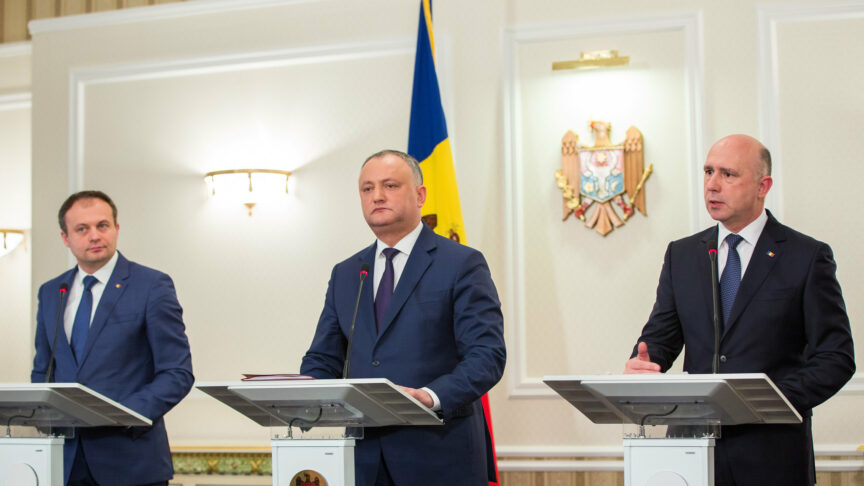
In supporting Trump’s lies and his refusal to concede, some eastern European governments are grooming their supporters to reject the result of any election they might lose
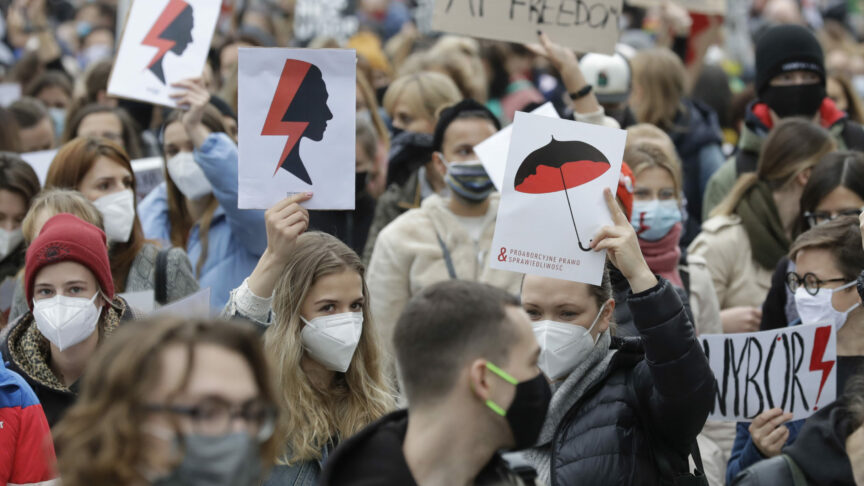
The Law and Justice party is learning from Vladimir Putin’s regime. And ordinary Poles are learning how to oppose it
The Polish government would do well to recognise the value of Ukrainian workers, while the Ukrainian government should acknowledge that the Polish state cares for Ukrainians during these trying times
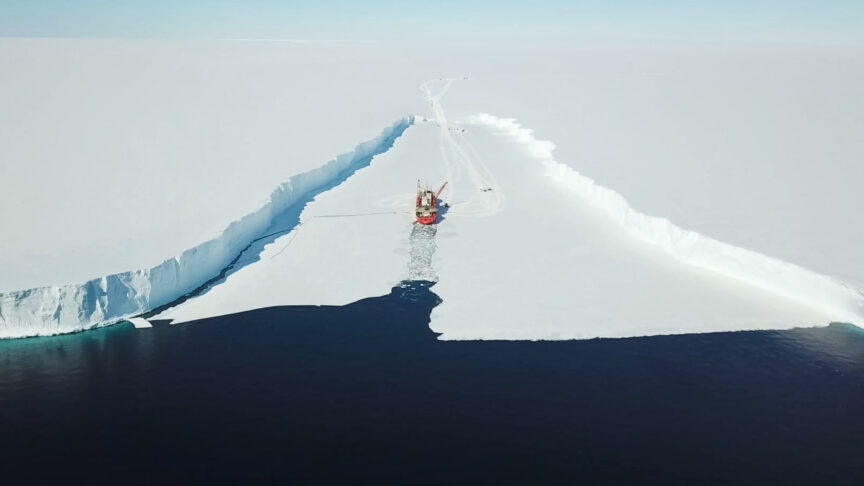
As Russia’s war on Ukraine highlights the Arctic’s geostrategic importance and disrupts its governance formats, European governments need to prioritise cooperation with each other and with the region’s indigenous peoples
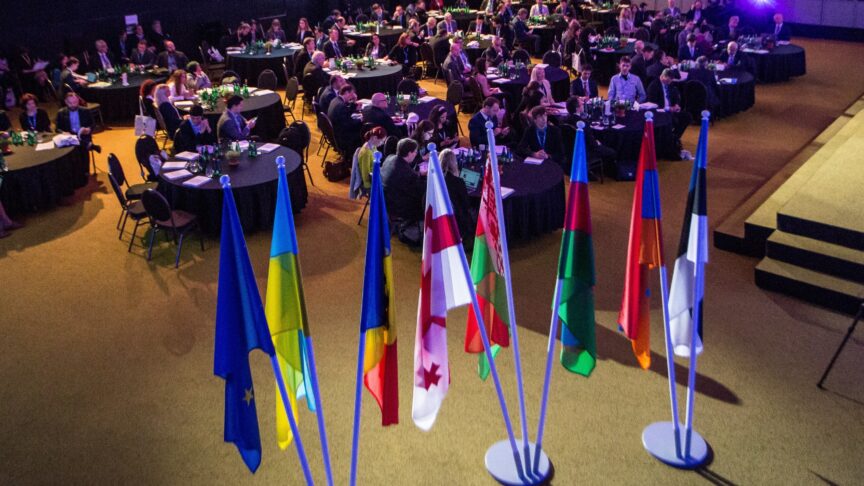
Young diplomats in Eastern Partnership countries are optimistic and pro-European. Many of them want the EU to become a bolder geopolitical actor
Introduction Volodymyrska Hill, Kyiv, on a June evening in 2019. Kyivans and tourists stroll along the riverside park’s newly relaid paths, many wending their way…
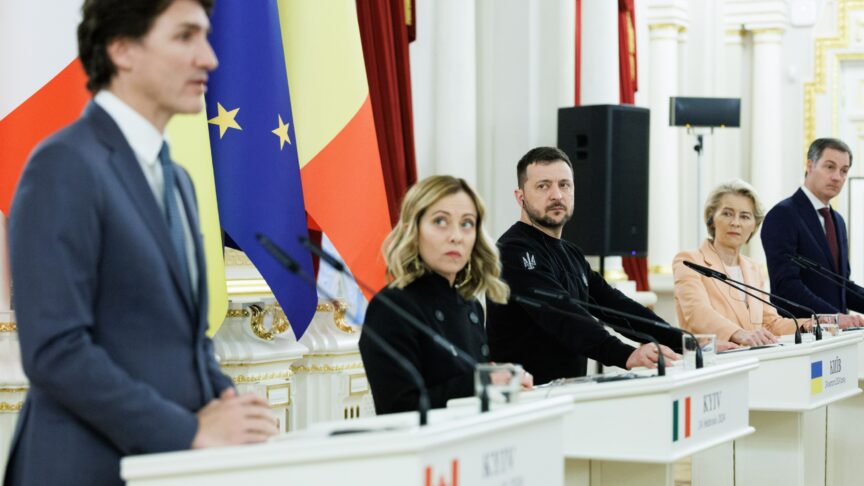
Canada’s support for Ukraine is becoming intertwined with domestic political competition, raising questions about the steadfastness of one of Kyiv’s main supporters
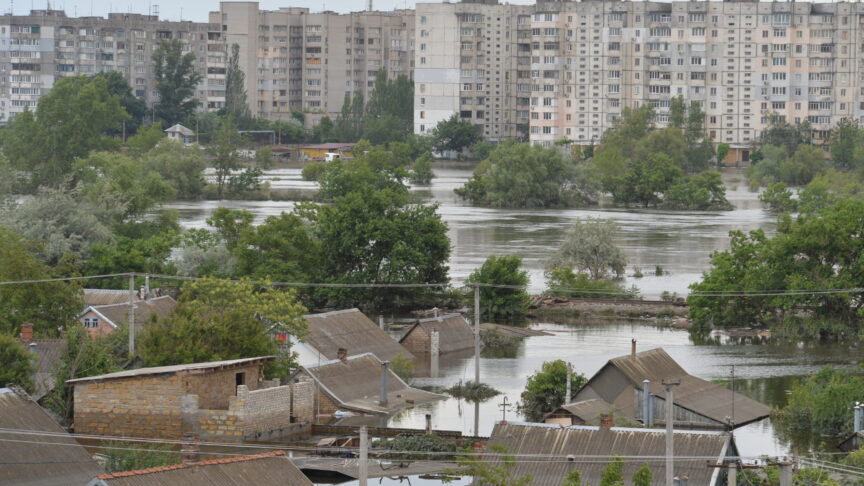
For many decades, proponents have failed to secure the adoption of ecocide as a crime. The circumstances of Russia’s war on Ukraine create momentum for a breakthrough
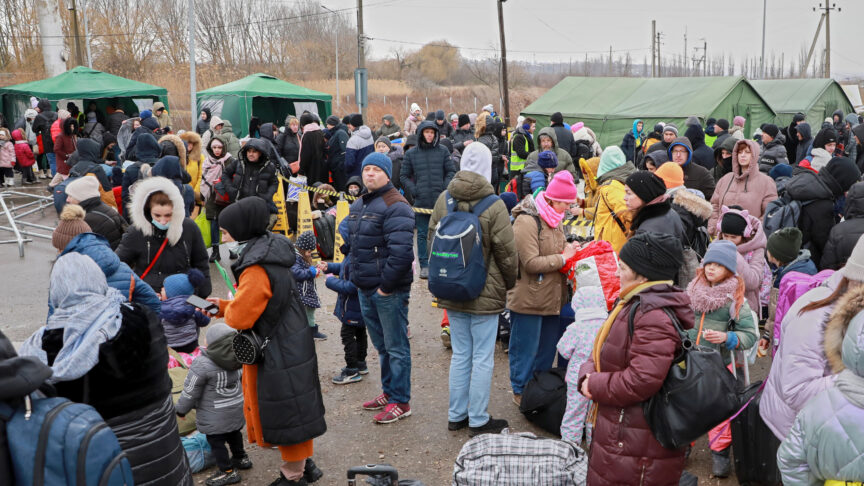
To counter Russian disinformation and take on populist parties, European politicians should do more to shape the debate around Ukrainian refugees in Europe
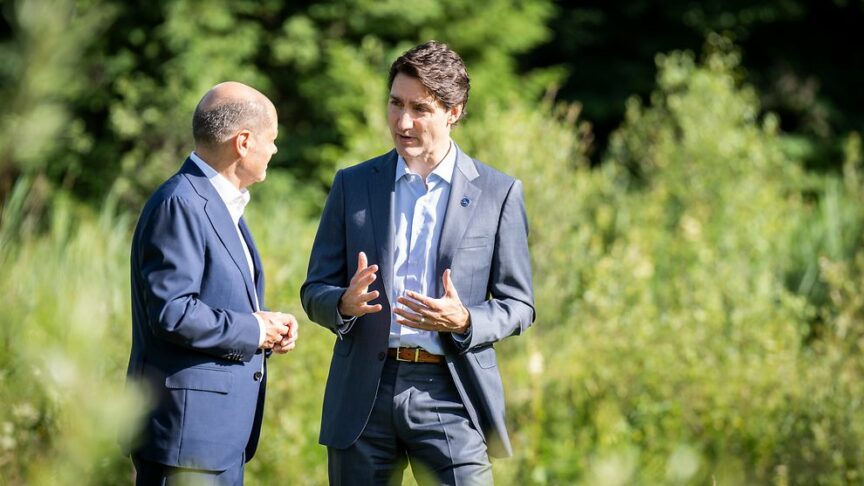
Germany’s new energy partnership with Canada faces a range of technical and political challenges. But sticking with it could bring major benefits for both sides
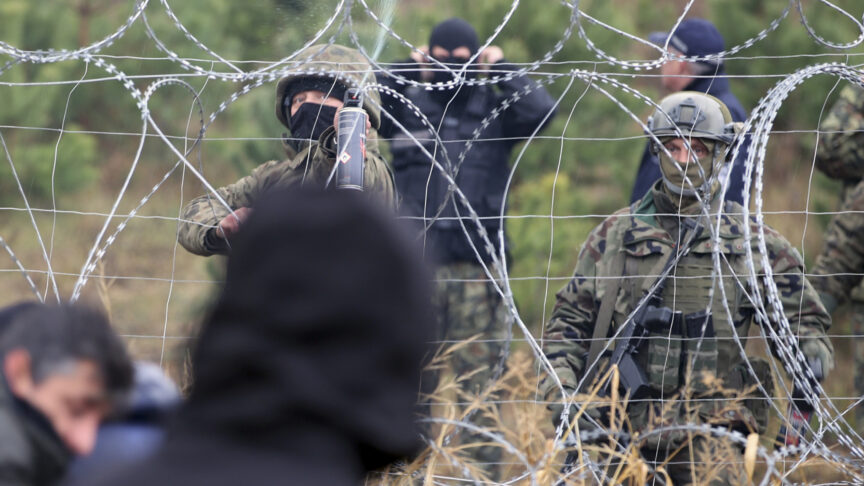
The EU should show the Lukashenka regime that it will no longer tolerate the weaponisation of migration. As with any form of blackmail, it would be senseless and dangerous to make concessions – because the aggressor will only demand more
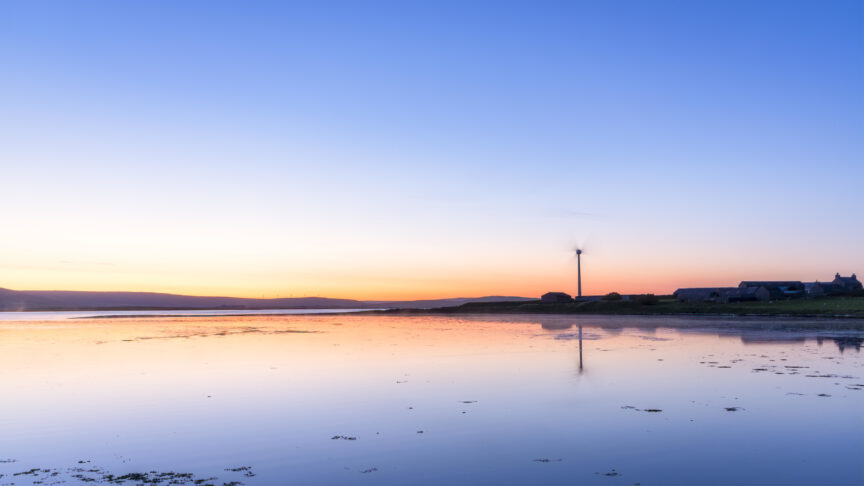
The Scottish government is developing a foreign policy, and its Arctic vision is one of its most ambitious efforts yet. Should independence come, close friends in the north could be a vital support
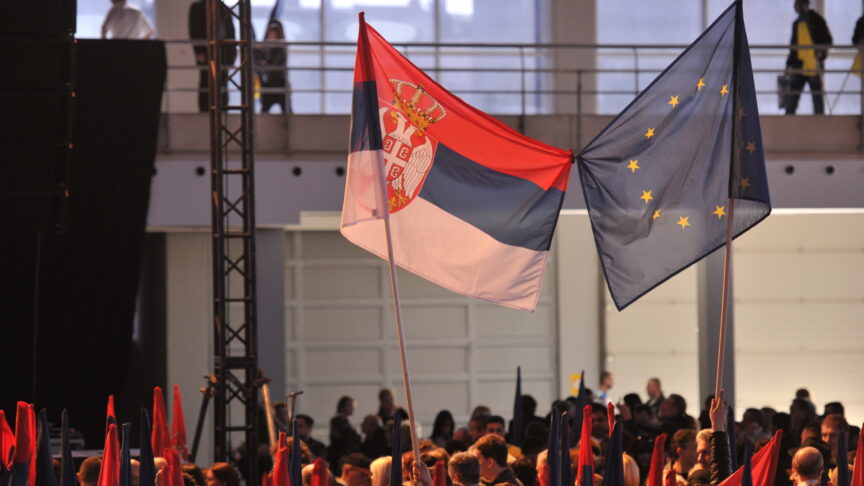
Public attitudes in Ukraine and Serbia raise pressing questions about EU enlargement. If member states are to sustain this process, they will need to base it on a shared sense of belonging

Belarus will continue to cause problems on the EU’s doorstep – so it is now time for a firmer, longer-term approach

A new EUROVAX scheme should be at the heart of the EU’s new offer to help its neighbours tackle covid-19 in the years ahead

As the Turkish president continues his delicate balancing act between the US and Russia, the crisis in Ukraine presents new opportunities for Ankara’s transatlantic credentials
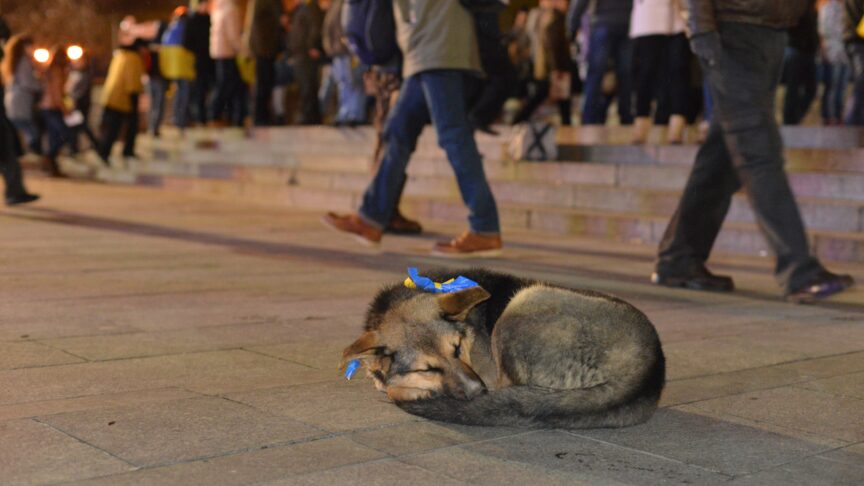
What can and should the EU do to support Ukrainian sovereignty?

What are the intentions behind the military build-up? How likely are the chances of escalation beyond the Donbas? How should the EU respond?